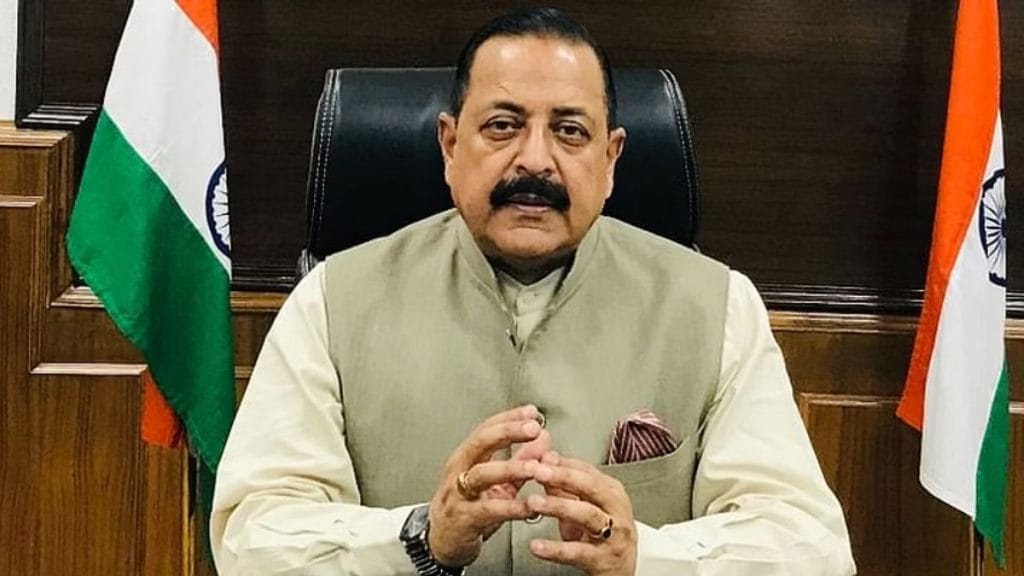New Delhi: The National Biopharma Mission is supporting 101 projects across India, including more than 150 organizations and 30 MSMEs, according to Dr Jitendra Singh, Minister of State for Science and Technology, MoS PMO, Personnel, Public Grievances, Atomic Energy, and Space, in a written reply to the Rajya Sabha on Thursday.
The National Biopharma Mission has approved projects for 30 MSMEs to assist accessible product development, according to the MoS’ written statement. Clinical trial networks, technology transfer offices, and shared facilities have all helped MSMEs operate in the field.
Under the objective “Innovate in India (i3), ” the National Biopharma objective is a mission of academia-industry collaboration that supports biotech and accelerated inclusive innovation by fostering the development of essential biopharmaceuticals. The Mission, carried out by the Biotechnology Industry Research Assistance Council (BIRAC), is supported and supervised by the Department of Biotechnology.
To provide MSMEs and start-ups with testing, validating, and manufacturing capabilities, 11 shared facilities have been developed as part of the goal focused on creating biopharmaceuticals such as vaccines and Biosimilars, medical devices, and diagnostics. GCLP labs for vaccine characterization, GLP labs for analytical testing of biosimilars, and cGMP manufacturing and process development labs are some of the functional facilities.
The Mission has been supporting the development of Vaccine candidates (15) for Cholera, Influenza, Dengue, Chikungunya, Pneumococcal disease, COVID-19 and related technologies (4); Biosimilar products and related technologies (21) for Diabetes, Rheumatological and ophthalmic diseases, Cancer; Medical Devices & Diagnostics (29) including devices for imaging, pumps for dialysis, endoscopes, bone implants, MRI scanners and diagnostics for COVID 19.
According to the written reply of the MoS, the Mission provides employment opportunities to 1065 individuals, including 304 scientists/researchers. Under the skill development program, the program has developed 46 training modules, in the areas such as bio-therapeutics characterization, sero-surveillance, bioethics, environmental health, and safety. The program trains over 7,000 individuals.





